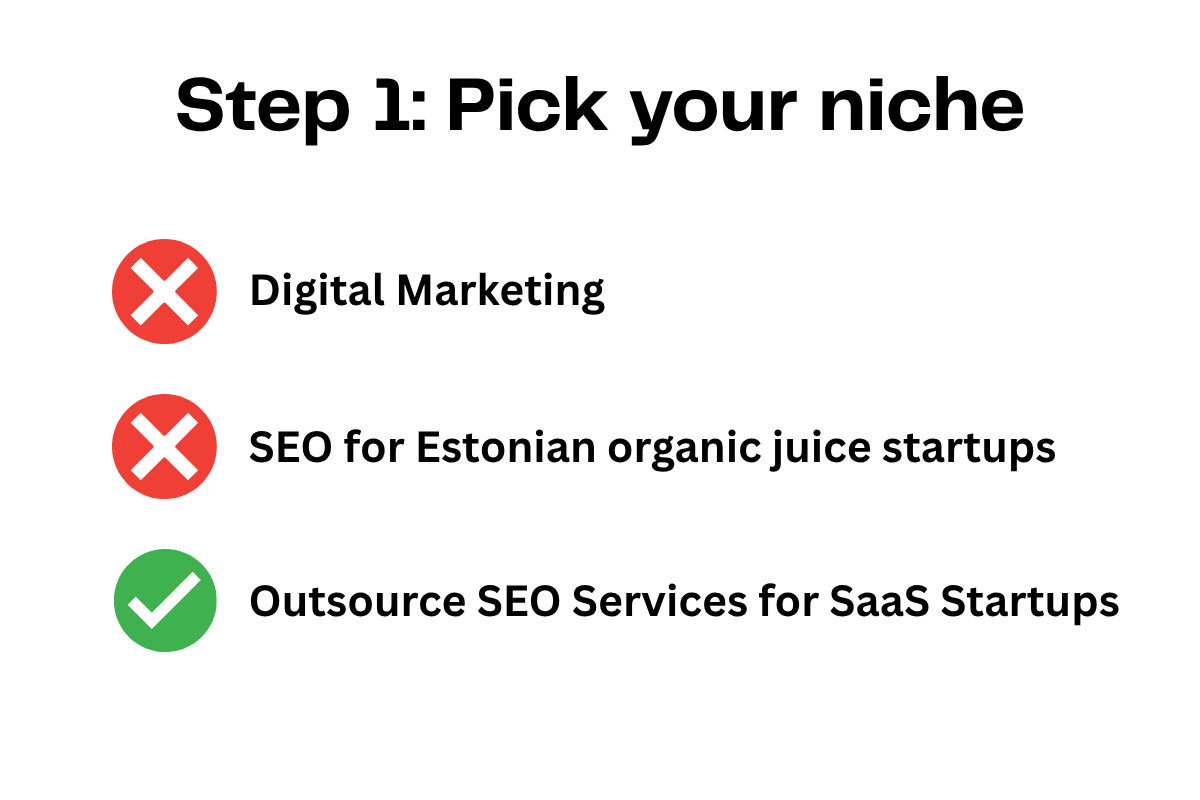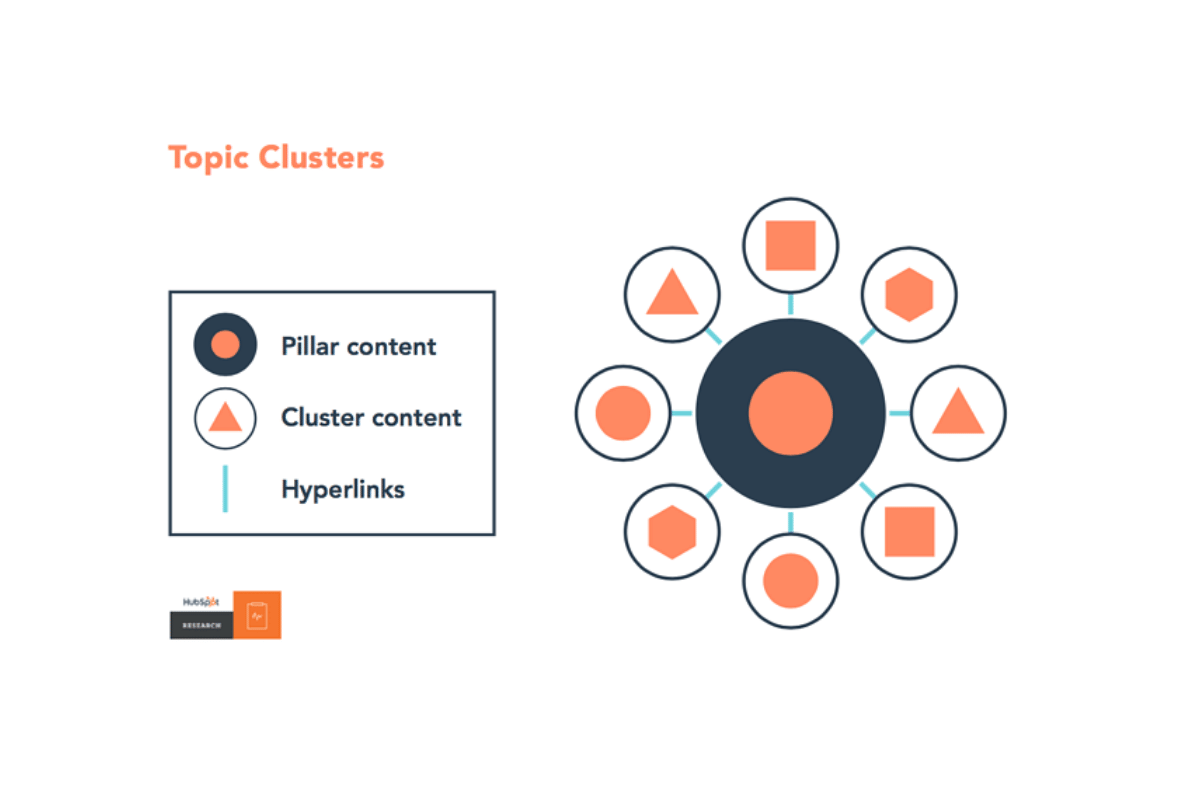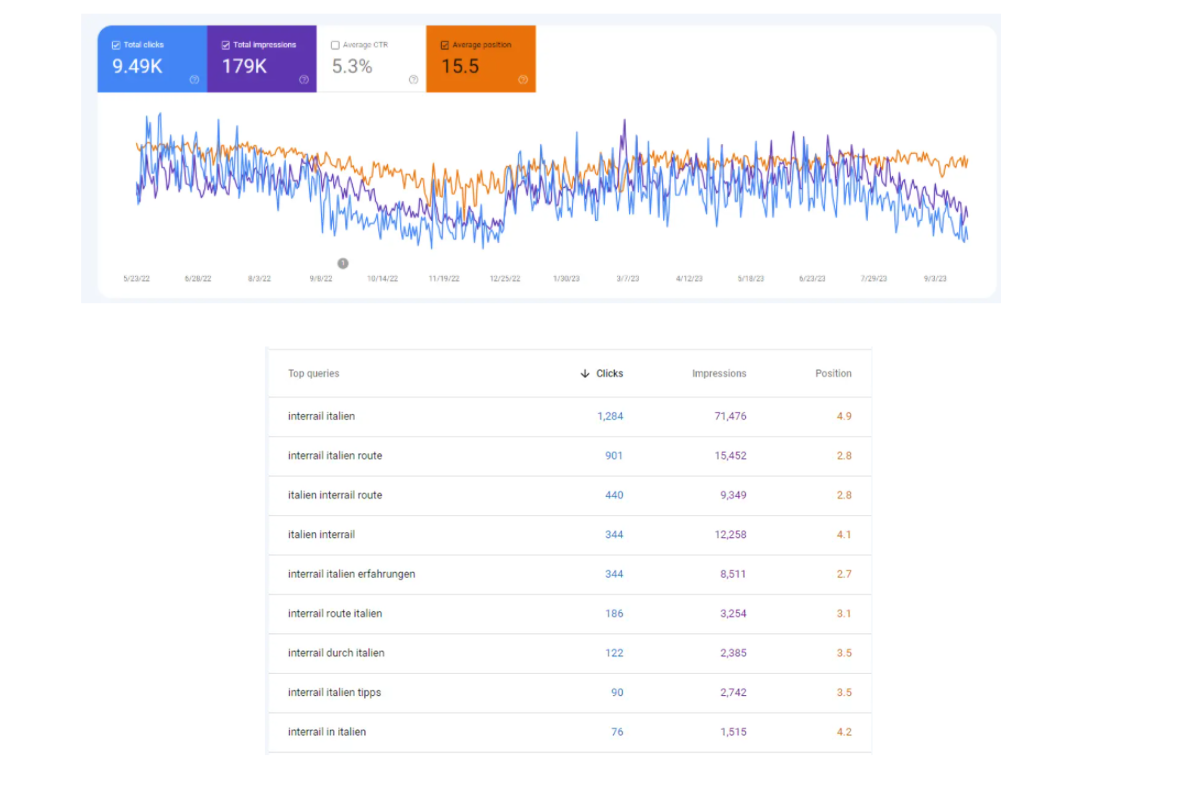Ever wonder why some small websites can dominate entire search results, while industry giants just watch from the sidelines?
The secret is knowing how to build topical authority. I used to worry about not having enough backlinks, but once I focused on topical authority, everything changed.
If you want Google and your readers to see you as the true expert, mastering how to build topical authoritzy is your best shot—even if you’re just getting started.
What Is Topical Authority in SEO & Why Does It Matter?
Why do some small sites seem to own an entire topic, leaving bigger brands scratching their heads at the search results page?
I used to wonder the same thing. Let me be real: the turning point in my SEO understanding came when I discovered topical authority. That’s the magic that lets a site “hug” all the keywords in a niche—even when competitors with stronger backlinks can’t break in.

What is topical authority? Is it even a real thing?
So what’s topical authority? It’s Google seeing your site as the legit go-to source for one subject. Not just a dabbler. You’ve built up a library of content that answers every angle of the topic—so users (and Google) trust you to know your stuff.
Now, people often ask me: “Isn’t that just the same as domain authority or DR?” Nope. Those are basically popularity scores—Moz and Ahrefs calculate them mostly by checking your backlinks. Sure, a high DA/DR looks good, but it won’t impress Google if your content isn’t the best answer for a specific topic.
Topical authority, on the other hand, is about earning your rep by actually solving every question in your chosen niche. It’s content depth, smart internal linking, and showing up for the full cluster of search queries your audience has.

The difference between topical authority and domain authority
When I focused on topical authority, here’s what changed:
- My rankings started popping up everywhere—not just one page, but for dozens of related keywords.
- Google actually seemed to “prefer” my site, and the traffic became more stable (even during algorithm updates).
- Visitors stuck around longer and were more likely to convert. They knew they’d found a true resource.
- The site kept growing long-term, because every new piece built on that core expertise. No more chasing short-term tactics.
Step-By-Step: How to Build Topical Authority from Scratch
Let me walk you through how I actually built topical authority for my own sites—no theory, just what works.
1. Find and Own Your Niche
I’ve made the mistake of going too broad (“digital marketing” is a nightmare!) and too narrow (so few searches, even Google couldn’t care). The sweet spot? Pick a niche where you can go deeper than anyone else, but there’s clear demand—think “retirement planning for freelancers” or “Oversea SEO service provider”
Start by stalking your competitors. I used tools like Ahrefs or SEMrush to map out what topic clusters they’ve already covered. The trick is: spot what they’re missing or where their content is thin, and plant your flag there.

Pick your niche is an important first step
2. Build Pillar & Cluster Pages for SEO
Here’s the structure that changed everything for me: the topic cluster model.
- Pillar page (hub): This is the mega-guide covering the broad topic (“Ultimate Guide to Vegan Keto Diet”).
- Cluster pages: These are the deep dives—each one answers a specific sub-question (“Best Vegan Protein Sources for Keto, How can you avoid nutrient deficiencies on vegan keto?”).
Here’s a fun hack: If you feel stuck brainstorming cluster topics, just ask ChatGPT or Perplexity to help! I’ve done this myself. Sample Prompt:
“I want to build an authority website about [main topic]. Please help me create a list with one pillar page (the main, broad topic) and at least 10 cluster pages (supporting or related sub-topics/questions). For each, suggest a clear title.”

An example of pillar and cluster pages of a topic
Learn more about how Chat GPT can help your SEO work in our latest blog: How To Use ChatGPT For SEO Workflows Save Time & Rank Higher
3. Interlink Strategically: Internal Linking for Topical Authority
Want Google (and readers) to see your pages as a connected authority? Link all your cluster pages back to the pillar, and sprinkle links between relevant clusters. Think of your site like a brain—connections matter.
My real-life tip: Only interlink when it genuinely helps the reader. If it feels forced, skip it. Relevance always beats quantity.
For beginners, I highly recommend you check this blog: What are Internal Link and External Link? Full SEO Guide & Benefits

Topic cluster internal link is quite effective to build your authority
4. Ensure Content Depth, Structure & Uniqueness
Surface-level content is dead. What moved the needle for me: updating posts with the latest tips, citing solid sources, and adding original case studies.
I try to bring something nobody else can offer—a real experiment, my own stats, or a unique take. And I mix up the formats: tables, infographics, videos, and checklists. Every time I finish a post, I ask: “Is there depth here? Is my angle different from what’s out there?”
5. Match Search Intent at Every Step
Before I write a word, I figure out the search intent: Do people want a how-to, a comparison, a tool list, or just a definition?
I drop a quick intent checklist at the top of every draft: “What is this post supposed to do?” If I can’t answer it clearly (or if the answer is fuzzy), I tweak the outline. For every intent type, I design templates—how-to guides get clear steps, comparison posts get tables, etc.
Showcase Experience, Expertise & Trust (E-E-A-T)
This is the step that made Google (and real people) start trusting me. I learned fast: great content isn’t enough if you’re a mystery. So now, I always:

Make sure to show that your content is carefully researched and user can trust you
- Add a punchy author bio with my real photo and a line or two on what I’ve done in the field—no fluff, just what gives me skin in the game.
- Cite trustworthy sources and drop the link or name any study or tool I reference. Real data, not just my opinions.
- Share proof: quick case studies, screenshots, or even client testimonials. If I have a certification or award, I show it.
- Ask experts for a quote or feedback to bring in outside voices. It’s not just about my take—readers trust multiple perspectives.
- Include points of view I might not totally agree with. It keeps things balanced and shows I actually did the homework.
If you haven’t started, just pick one: update your author bio, or drop a few real sources into your articles. Keep layering more trust signals as you grow. Put your expertise out there boldly—the trust and rankings will follow. In case, you want a detail guide: How to demonstrate E-E-A-T in blog posts: Full Guide 2025
Measure & Continually Strengthen Your Topical Authority
Don’t just set it and forget it—this is where you see real growth. I make it a habit to track not just single articles, but the whole cluster’s traffic and rankings. If you’re serious about topical authority, check: Are all those cluster pages moving up? Are they bringing in more organic visits as a group?
Here are the KPIs I keep an eye on:
- Organic visibility (how many keywords the cluster ranks for)
- Keyword spread (from core to long-tail phrases)
- Quality backlinks (not just quantity—are you earning links that matter?)
Every so often (quarterly works for me), I do a quick audit:
- Refresh outdated info and add new high-value insights.
- Search for fresh questions—check “People Also Ask”, trending topics, and even run mini user surveys.
- Expand your topic map if you spot a gap or a market shift.
Bottom line: Treat your site like a living thing. Regular updates and smart tracking turn topical authority into a powerhouse that just keeps growing.
Case Study: How a Small Travel Blog Built Topical Authority
A Topical Authority Case Study From Moz: During the COVID-19 lockdown, a travel blogger started documenting past trips without a formal SEO plan and initially gained little traffic. The breakthrough came when the blogger focused on a niche topic—Interrail train travel in Europe—and created deeply researched, practical articles around it.
Despite a low domain authority (DA ~2), the blog quickly outranked bigger competitors by covering this niche comprehensively, especially with a detailed post on Interrail routes in Italy. This first article ranked on Google’s first page within a day and attracted steady traffic.

Following this success, the blogger expanded the topic cluster with more Interrail-related content, all ranking highly and accounting for 70% of the site’s organic clicks, while other travel posts struggled.
Key lesson: Focusing on a specific niche and building a cluster of detailed, user-focused content can build topical authority that outperforms sites with higher overall domain authority. This strategy leads to sustainable, long-term SEO success.
FAQs: Topical Authority in Practice
Q: Can a new website build topical authority, or do I need high domain authority first?
Absolutely! Topical authority is about depth and coverage in a specific subject—not just having a strong domain. Even new sites can win if they deeply answer all audience questions in their niche.
Q: What’s the difference between topical authority and domain authority?
Domain authority measures how “trusted” your whole site is (mainly through backlinks), while topical authority is about being the go-to site for a specific topic by covering it completely.
Q: How many cluster pages should I create for a strong topic cluster?
Aim for at least 8–12 meaningful cluster pages around your pillar. What matters most is not a magic number, but covering all main subtopics and actual audience questions.
Q: Should I interlink every cluster page to each other, or just back to the pillar?
Link every cluster page to the main pillar page, and also interlink clusters to each other—if they’re related. Focus on relevance, not just volume.
Q: How often should I update my clusters and pillar content?
Refresh them at least twice a year, or whenever you spot changes in trends, user questions, or search results. Stay ahead by adding new insights and removing outdated info.
Q: Do I need to be a “real” expert to build topical authority?
You don’t need a formal degree—but sharing real experience, quoting reputable sources, and collaborating with experts all help you stand out.
Q: What’s the fastest way to boost topical authority?
Start by identifying the biggest content gaps in your niche, fill them better than anyone else, and keep your topic map organized and up-to-date.
So here’s the punchline: you don’t need thousands of backlinks or a sky-high DR to win. I learned firsthand that when you double down on topical authority—when you cover your niche deeper and smarter than anyone else—Google and your audience start treating you like “the one to beat.”
Honestly, if you want a shortcut or extra support, I get it—because this is what I help clients with every day at my company. At Golden Owl Digital, our outsourcing SEO services are built to help you craft topic clusters, plan smart content, and scale up faster (with a lot less stress). That way, you can focus on your expertise, while we handle the behind-the-scenes SEO heavy lifting.

Jaden is an SEO Specialist at Golden Owl Digital. He helps brands rank higher with technical SEO and content that resonates






